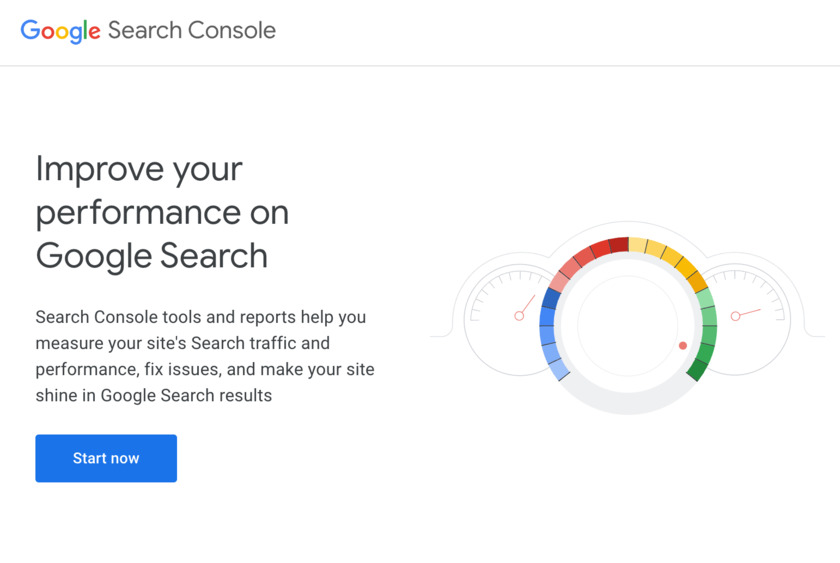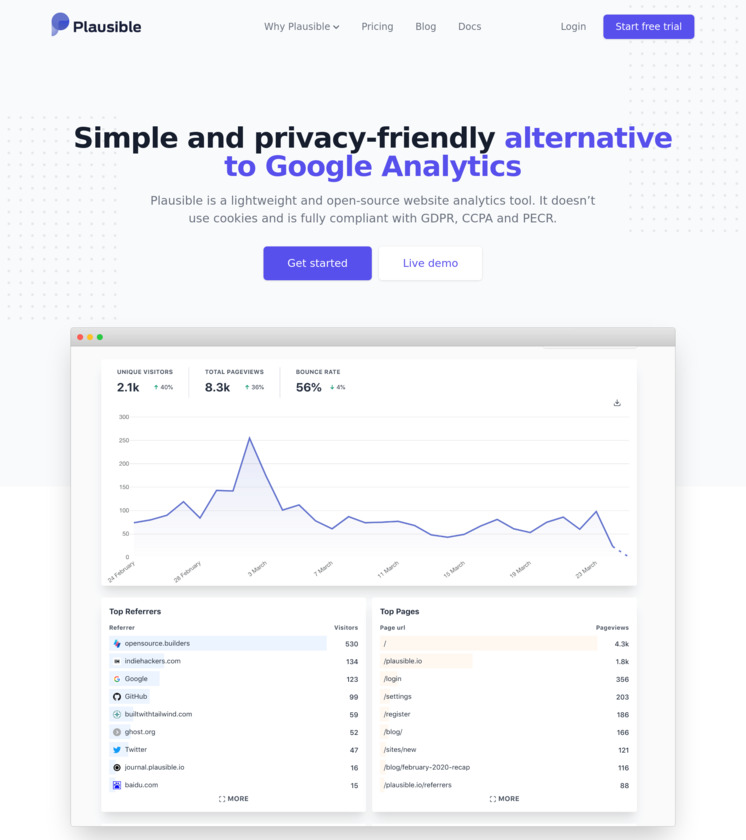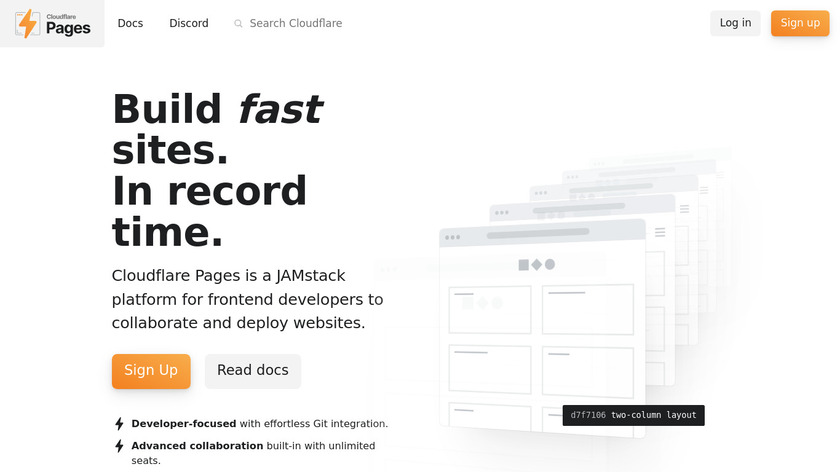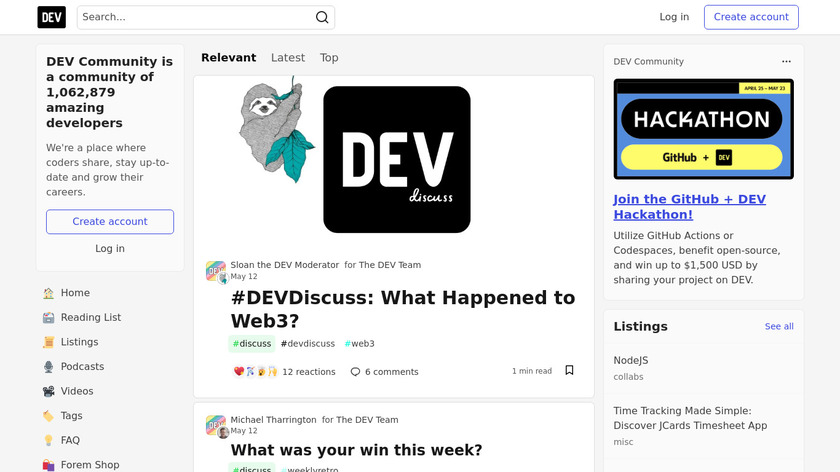-
Google Webmaster Tools provides you with detailed reports about your pages' visibility on...
Google's web crawlers will find your site eventually, but it certainly helps to give Google a head start and get your site set up on Google search console. You'll want to do the following:.
#SEO Tools #SEO #Keyword Research 95 social mentions
-
Plausible Analytics is a simple, open-source, lightweight (< 1 KB) and privacy-friendly web analytics alternative to Google Analytics. Made and hosted in the EU, powered by European-owned cloud infrastructure 🇪🇺Pricing:
- Open Source
- Paid
- Free Trial
- $9.0 / Monthly (10,000 pageviews)
- Official Pricing
The analytics provider I've gone with is Plausible. Sadly it's not free - about $9 a month - but it's easy to use, lightweight (the script is less than 1kb), and respects privacy, so it's worth a look IMO.
#Web Analytics #Analytics #Privacy 183 social mentions
-
Deploy blazing fast static sites and serverless functions.Pricing:
Hugo's hosting guide lists plenty of possibilities, but personally I can agree with Bryce Wray's recommendation to go with CloudFlare Pages; its free tier is possibly the fastest out there, and it's easy to use. Simply follow their guide from 'setting up a GitHub repository' onwards. At this point your site will be online! But you'll have an ugly domain like my-blog-xyz.pages.dev. Simply follow CloudFlare's guide on setting up a custom domain to get your site live on the domain which you bought earlier.
#Developer Tools #Static Site Generators #Cloud Computing 125 social mentions
-
A friendly and inclusive Q&A network for coders
Hashnode is a newer dev blog site. In my opinion it has a much more professional feel than dev.to. It feels much more blog-oriented than dev.to, and less like a social media site; it gives you a separate blog subdomain, giving your blog a bit of its own separate identity within the site. If you want to you can even hook it up to your own private domain name if you wanted.
#Web App #Social Media Tools #Software Engineering 117 social mentions
-
How hackers start their afternoons.
HackerNoon is very different to dev.to & Hashnode in that any article you submit there has to go through a human editor who works with you to ensure your article is at its best before it is published. However, they may choose not to publish your article at all.
#Blogging Platform #Digital Publishing #Tech 15 social mentions
-
Hugo is a general-purpose website framework for generating static web pages.Pricing:
- Open Source
For creating a static site I recommend Hugo. In short this is because it is popular, well-supported, fast, and allows you to get up and running quickly with premade templates.
#Static Site Generators #Blogging #Blogging Platform 351 social mentions
-
NOTE: Google Domains has been discontinued.Google Domains is designed and built to make getting online easy and managing your domains simple.
However, a key one to check out is Google Domains, because this is the only registrar which sells .dev domains. My advice is that .com is still the best if you can get one, so if there's one available that you like then go for it, but if not then .dev could be a great alternative.
#Domain Name Registrar #Web Hosting #Domains 77 social mentions
-
Where software engineers connect, build their resumes, and grow.
You've probably heard of dev.to already - it's still the biggest developer blog platform and it's where I recommend you start. You can easily start writing using their simple markdown editor, and it has a large readership so you'll get a good number of eyes on your work straight away.
#CMS #Blogging #Blogging Platform 371 social mentions
Discuss: A Developer's Guide to Blogging
Related Posts
10 Best Medium Alternatives for Reading and Publishing
geeksforgeeks.org // 4 months ago
25+ Medium Alternative Platforms for Publishing Articles
forgefusion.io // 2 months ago
9 Best Medium Alternatives for Making Money With Your Writing in 2023
authorityhacker.com // 5 months ago
Joomla vs WordPress: Which CMS Should You Choose?
infyways.com // 8 months ago
Best Gitbook Alternatives You Need to Try in 2023
archbee.com // 9 months ago
10 Best Website Builders for Companies in 2023
blackflagcreative.com // about 1 year ago















